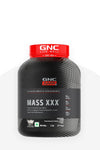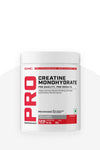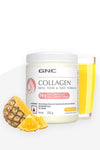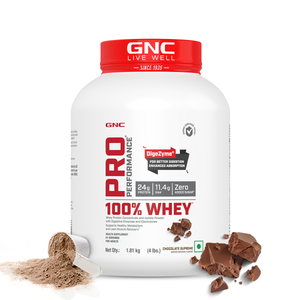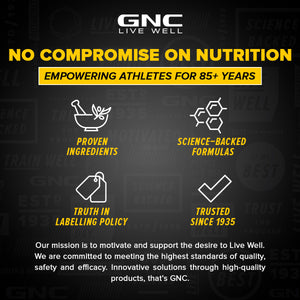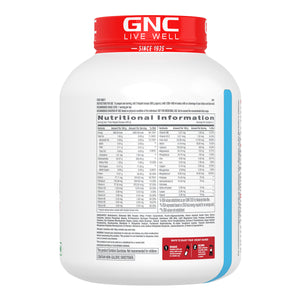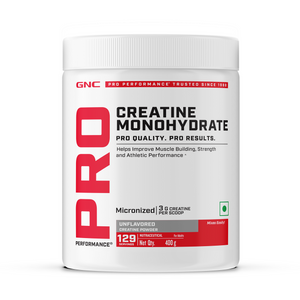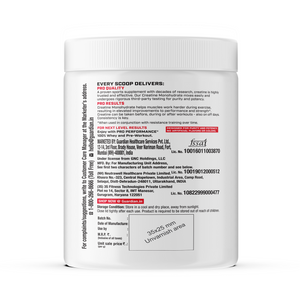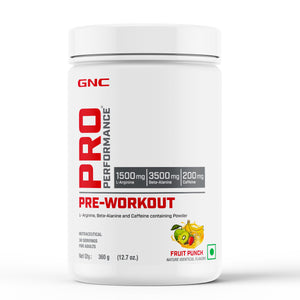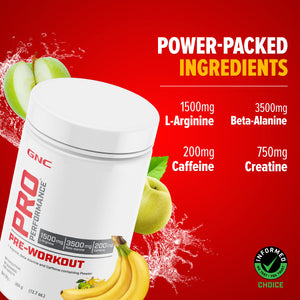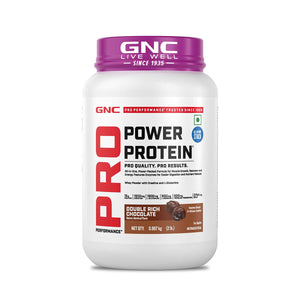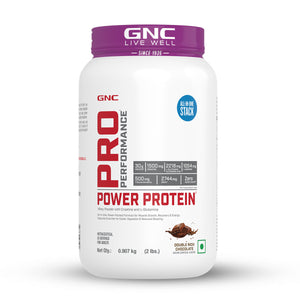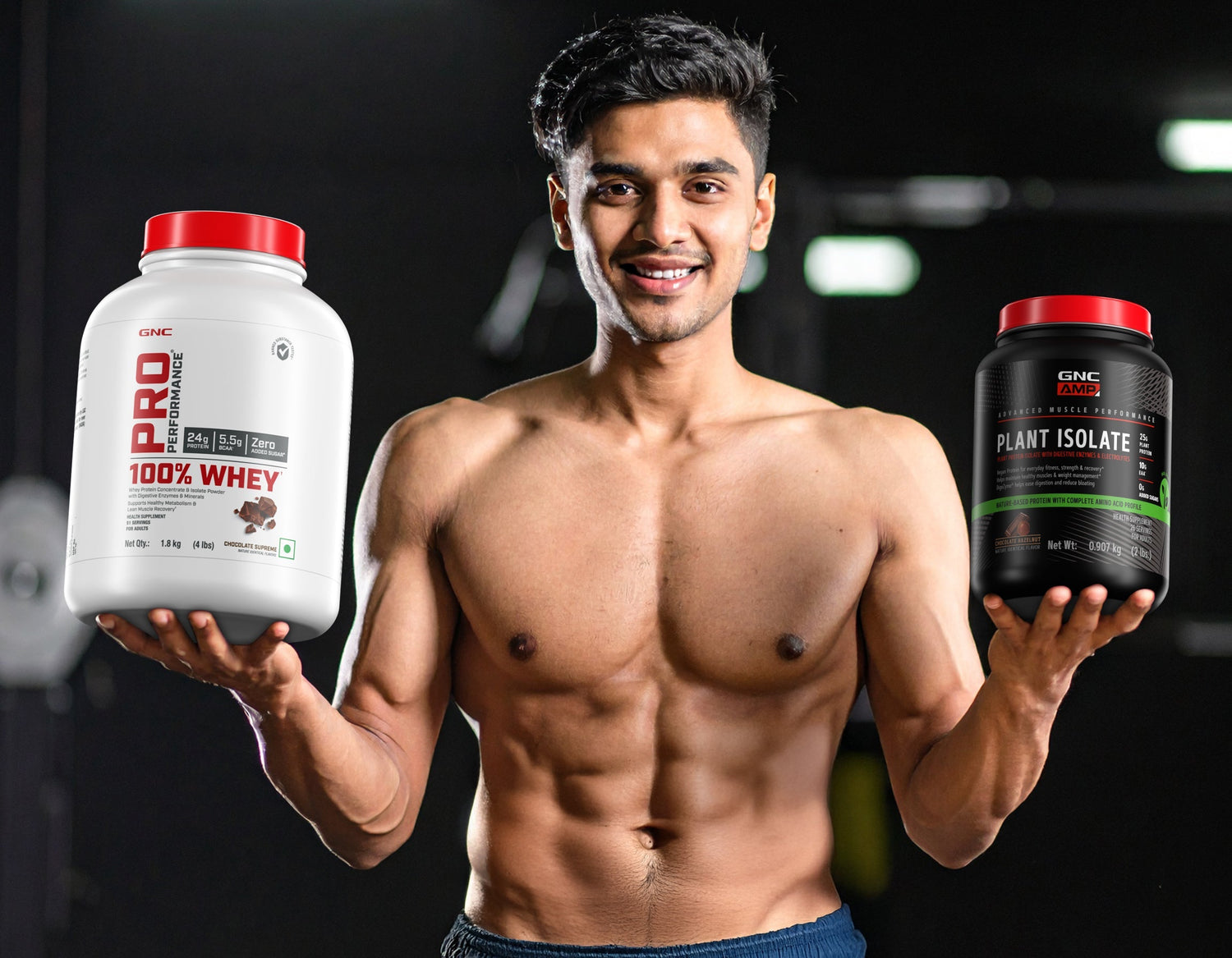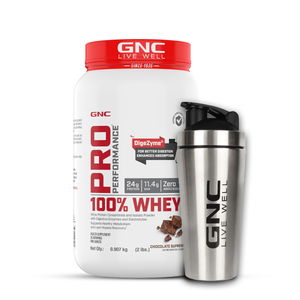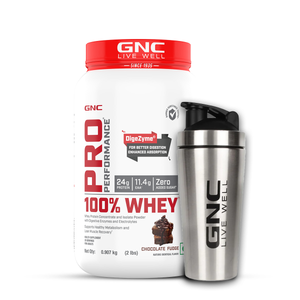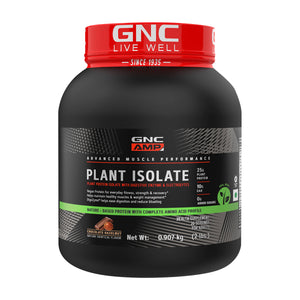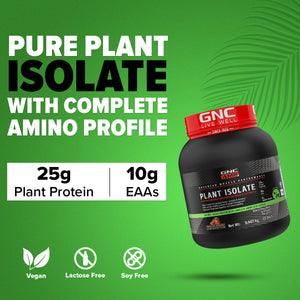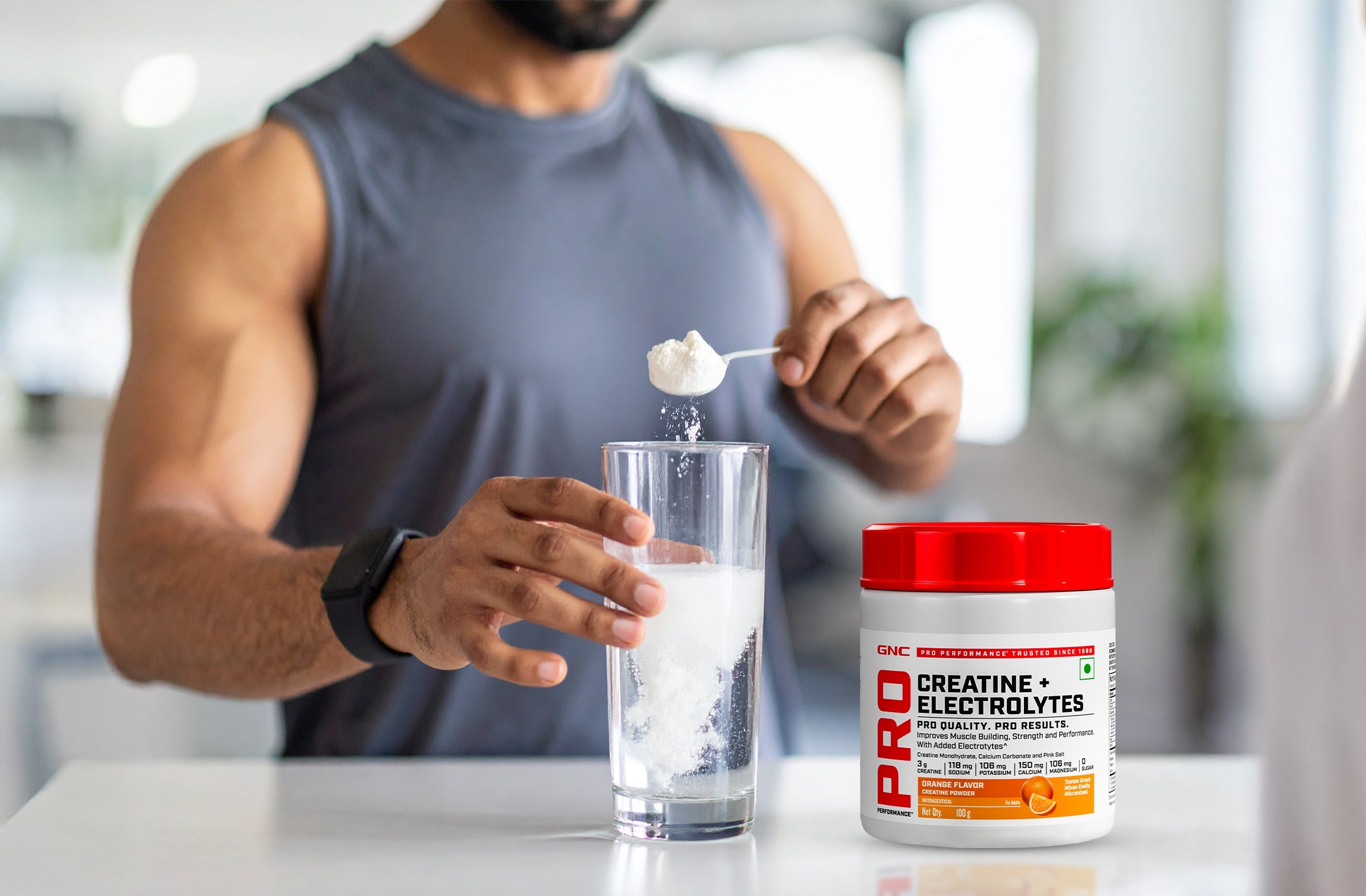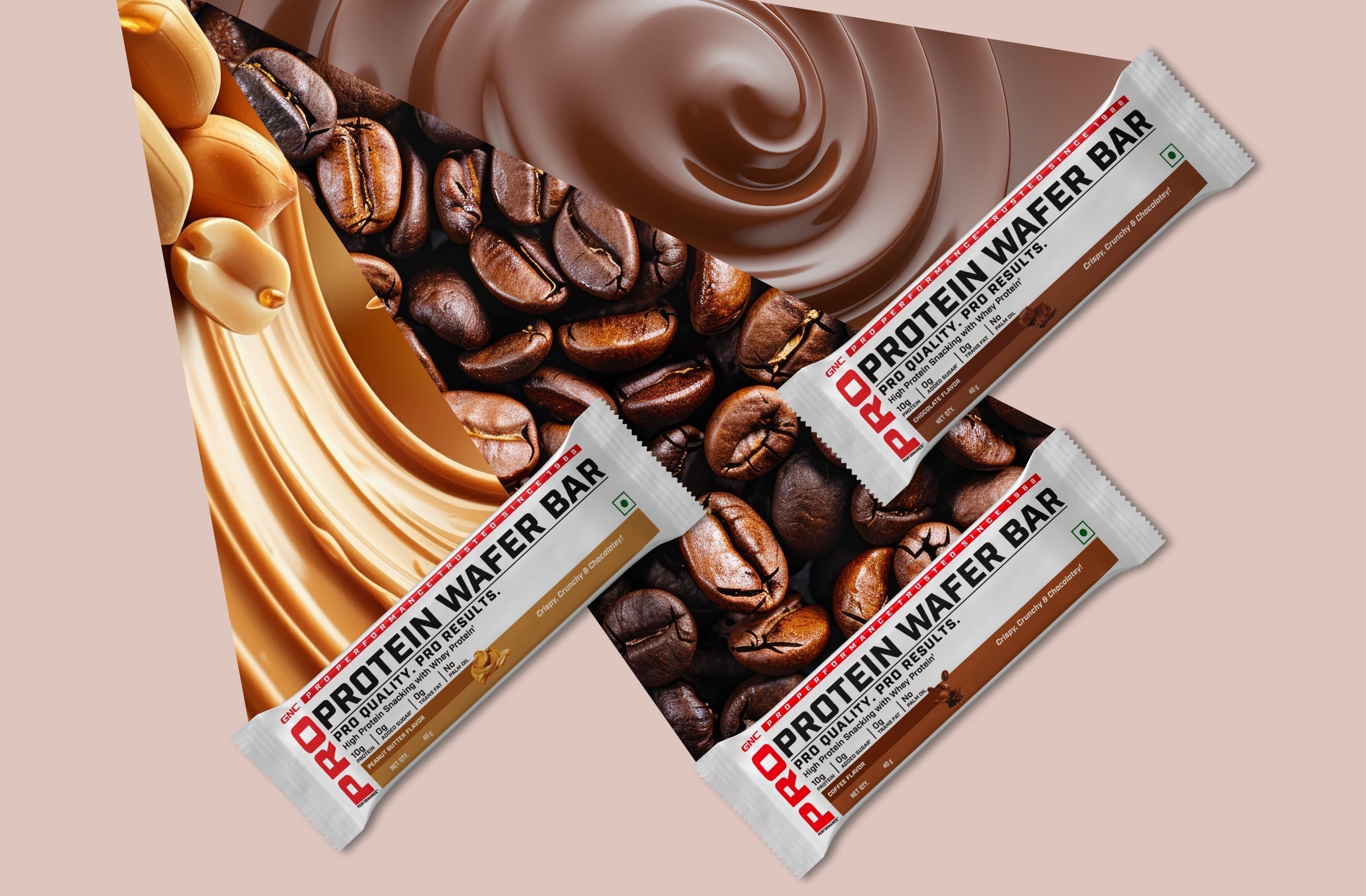Protein is very popular in health, fitness, and nutrition. Whether you're looking to build lean muscle, support weight loss, or simply supplement your active lifestyle, getting enough high-quality protein is crucial for a busy lifestyle.
With so many protein supplements already available, two popular contenders consistently rise to the top: whey protein and plant protein. These protein sources have distinct differences, unique benefits, varying nutritional profiles, and potential drawbacks.
Meanwhile, whey protein has long been considered the gold standard in the fitness world. It is also a favorite of athletes for its fast absorption and rich amino acid content. Plant-based protein is increasingly popular among vegans, vegetarians, and health-conscious consumers seeking a more sustainable and allergen-friendly option.
But with so much conflicting advice from different people, how do you choose between plant protein and whey protein ? Which is better for muscle development? Which is easy to digest? Which one aligns better with your lifestyle?
In this blog, we’ll break down what you need to know about plant protein vs whey protein—from what they are, ingredients, and how they’re made, to their benefits, nutritional differences, and which is best suited for your daily lifestyle.
What is Plant Protein?
Protein obtained from plant sources, including peas, rice, soy, hemp, chia, quinoa, lentils, and other legumes and grains, is referred to as plant protein. It's a well-liked substitute for animal-based proteins, particularly among vegans, vegetarians, and those trying to cut back on their intake of meat or dairy products.
Not all plant proteins are "complete," which means they do not include all nine of the essential amino acids that your body needs to function. This is in contrast to some animal proteins. Combining diverse plant sources, such as brown rice protein (high in methionine) and pea protein (rich in lysine), can readily address this issue. This results in a complete amino acid profile.
Powdered plant protein supplements are widely accessible and frequently used in smoothies, drinks, and baked goods. Like whey or casein, they are perfect for promoting a healthy metabolism, gaining lean mass, and aiding in muscle repair. Additionally, people with dairy sensitivity or lactose intolerance frequently find them simpler to digest.
The natural fiber content of plant protein is one of its greatest benefits since it promotes digestive health and prolongs feelings of fullness. Additionally, it tends to be cholesterol-free and lower in saturated fats, making it heart-healthy.
Since the manufacturing of plant proteins often uses fewer resources than that of animal-based protein sources, they are also a more environmentally friendly and sustainable choice.
Whether you're looking to support muscle growth, improve recovery, or simply eat cleaner, plant protein offers a nutrient-dense, versatile, and eco-conscious choice for your nutrition plan.
Benefits of Plant Protein:
- Dairy-free & Vegan: Ideal for vegans, vegetarians, and those with lactose intolerance.
- Rich in fiber and antioxidants: Supports gut health and offers additional nutrients.
- Lower in saturated fats: a more digestible option.
- Environmentally sustainable: Lower carbon footprint than animal-based proteins.
- Less allergenic: It's beneficial for people allergic to dairy or soy.
Limitations:
- It may require blending different plant sources to produce a complete protein.
- Slightly lower in BCAAs (branched-chain amino acids), especially leucine, compared to whey.
- It can have a grainy texture or an earthy taste depending on the brand and ingredients.
What is Whey Protein?
Whey protein is a complete, premium protein that is extracted from milk during the production of cheese. When milk curdles, it separates into liquid whey and solid curds, which are used to produce cheese. After that, the liquid whey is processed to create several types of protein powder that are frequently used in nutrition and fitness.
Whey protein's rich amino acid profile—which includes all nine essential amino acids, especially branched-chain amino acids (BCAAs) like leucine, which are crucial for protein synthesis and muscle repair—makes it particularly popular among bodybuilders, athletes, and anyone else seeking to promote muscle growth, recovery, and general health.
There are three main types of whey protein:
Whey Protein Concentrate (WPC): Approximately 70–80% of this type consists of protein, with a small amount of fat and carbohydrates. It is a well-rounded choice for overall wellness and fitness since it keeps more of the healthy components present in whole whey.
Whey Protein Isolate (WPI): This form has a protein composition of 90% or more after additional processing that eliminates the majority of fat and lactose. For people who are lactose intolerant or looking for a leaner protein source to help them maintain their weight and build muscle, this is the best option.
Whey Protein Hydrolysate (WPH): Also referred to as hydrolyzed whey, this form of whey has been partially digested. Due to its rapid absorption, it is frequently used in clinical nutrition and post-workout recovery formulas.
Extremely adaptable, whey protein is excellent in smoothies, drinks, baking, and when combined with yogurt and oatmeal.
Benefits of Whey Protein:
- Complete protein with all essential amino acids, especially rich in BCAAs like leucine, is key for muscle protein synthesis.
- Fast absorption: Ideal for post-workout recovery.
- Highly researched: Proven to support muscle growth, fat loss, and improved performance.
- Typical good taste and mixability.
Limitations:
- Not suitable for those who are lactose intolerant or allergic to dairy.
- May cause bloating, gas, or digestive issues in some people.
- Animal-based, hence not suitable for vegans.
- The environmental impact is higher compared to plant-based proteins.
Plant Protein vs Whey Protein: Head-to-Head Comparison
| Feature | Plant Protein | Whey Protein |
|---|---|---|
| Source | Plants (pea, rice, hemp, etc.) | Milk (cheese byproduct) |
| Amino Acid Profile | Often incomplete (unless blended) | Complete |
| Digestibility | Easier for lactose-intolerant individuals | Can cause issues for lactose-sensitive |
| Muscle Building | Effective, slightly less leucine | High in BCAAs, especially leucine |
| Absorption Speed | Slower | Fast |
| Diet Suitability | Vegan, vegetarian, dairy-free | Not suitable for vegans or dairy-free diet |
| Taste & Texture | Earthy or gritty (varies by brand) | Creamier, generally more palatable |
| Environmental Impact | Lower | Higher |
| Price | Often more expensive | Widely available, slightly cheaper |
Choose Whey Protein if:
- You're looking for fast muscle recovery and growth.
- You're not lactose intolerant or vegan.
- You prefer a smoother taste and texture.
- You want cost-effective, research-backed protein.
Choose Plant Protein if:
- You're vegan, vegetarian, or lactose intolerant.
- You have digestive issues with whey.
- You care about sustainability and ethical sourcing.
- You want a protein source with added fiber and phytonutrients.
Conclusion
Both whey and plant protein have unique advantages. Whey remains the gold standard for muscle building and quick recovery, thanks to its amino acid profile and rapid digestion. However, plant protein is catching up fast, with blended formulas offering complete profiles and additional health and sustainability benefits.
Ultimately, the best protein is the one that aligns with your dietary preferences, health goals, and lifestyle. In some cases, people even combine both for a well-rounded protein intake.
Frequently Asked Questions (FAQs)
1. Which is better, whey protein or plant protein?
Whey protein is best suited for rapid muscle growth due to its complete amino acid profile and faster absorption rate. However, plant protein is ideal for those with dairy intolerance or following a vegan lifestyle.
2. Can you build muscle with plant protein?
Yes, you can build muscle with plant protein if you consume enough total protein and combine complementary sources of protein. Look for blends that contain all essential amino acids, such as those found in pea and rice protein combined.
3. Which type of protein powder is best?
Whey isolate is considered the best for muscle gain due to its high purity and fast absorption. For vegans, a high-quality plant blend with added BCAAs is a great alternative.
4. What are the disadvantages of plant protein?
Plant proteins may lack one or more critical amino acids and are digested more slowly than whey.
They may also contain more fiber or antinutrients, which can affect absorption.
5. What to avoid in plant protein?
Avoid plant proteins that contain added sugars, artificial additives, or have low protein content per serving. Also, steer clear of poorly sourced or non-organic ingredients that may contain potential contaminants.
6. Why is plant protein better?
Plant-based protein is better for sustainability, digestion in individuals with lactose sensitivity, and overall health. It’s often rich in fiber, antioxidants, and lower in allergens.
7. Which is better, plant protein or whey?
Whey is better for fast muscle recovery and growth due to its complete amino acid profile. Plant-based protein is a better option for those seeking clean, vegan, or allergy-friendly alternatives.
8. Who should avoid whey protein?
People with lactose intolerance, dairy allergies, or a vegan diet should avoid whey protein.
Also, those with kidney issues should consult a doctor before using it.
Popular Search Terms
Protein Powders For Beginners | Do Protein Shakes Make You Fat? | Top 8 Benefits Of Consuming Fish Oil Supplements | Is Apple Cider Vinegar Good For Weight Loss? | Essential Haircare Products For Women | Benefits Of Multivitamins For Our Body | Best Biotin Gummies For Hair Growth | Top 5 Foods That Contain Creatine | How Fat Burners Help You Lose Weight? | Fish Oil Benefits For Men You Should Know | Weight Gain Exercises | How To Choose A Protein Powder? | 7 Hidden Benefits of Glutathione | Fitness Fraud in Noida | Creatine: Everything You Need to Know | Why Sleep Is Important For Muscle Recovery? | Whey Protein 101: The Ultimate Beginner's Guide, Benefits, Types, and How to Use It | Plant-Based Protein Powders: What Are They and Are They Right for You? | Fat Burner vs Pre-Workout: What’s the Difference?, Comparison, Which One to Choose? And more | Build Muscle, Burn Fat: The Double Power of GNC 100% Whey + Keto Surge | The Best Gym Workout Plan For Gaining Muscle



